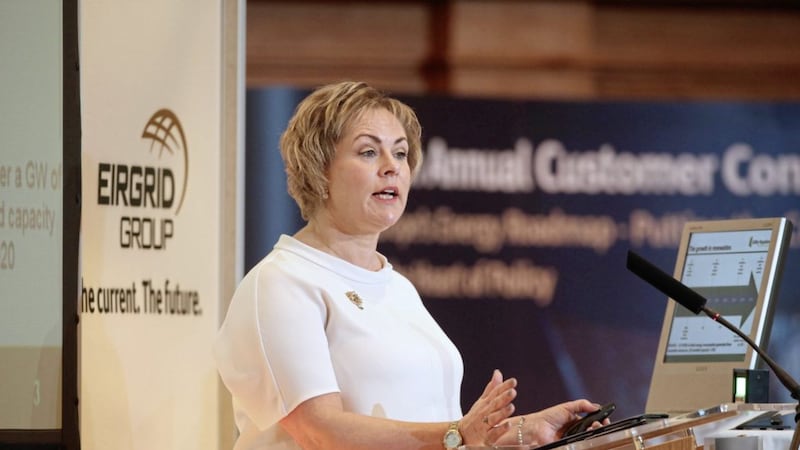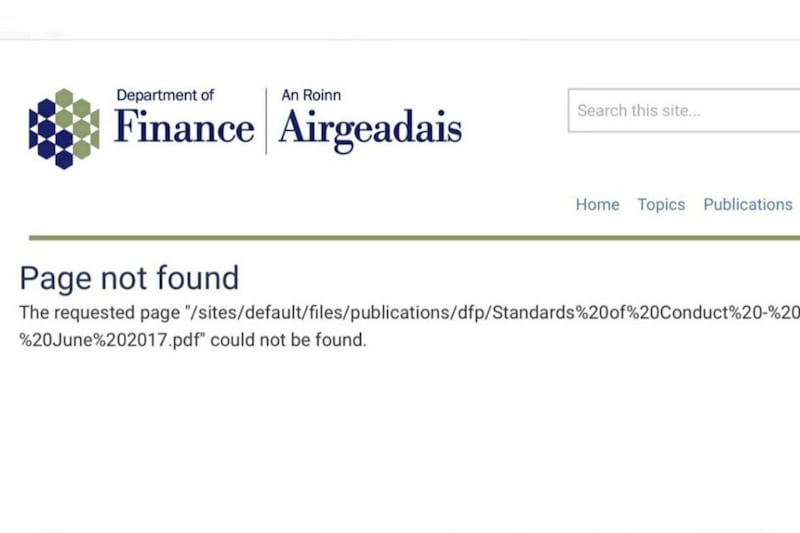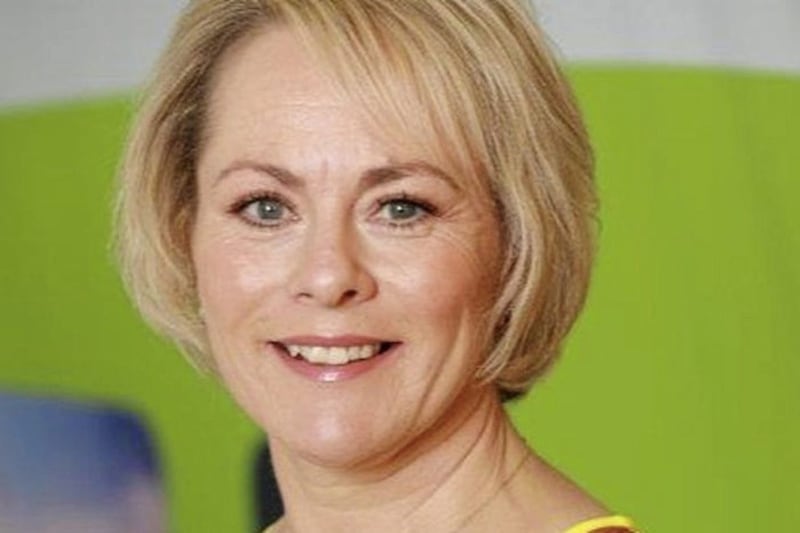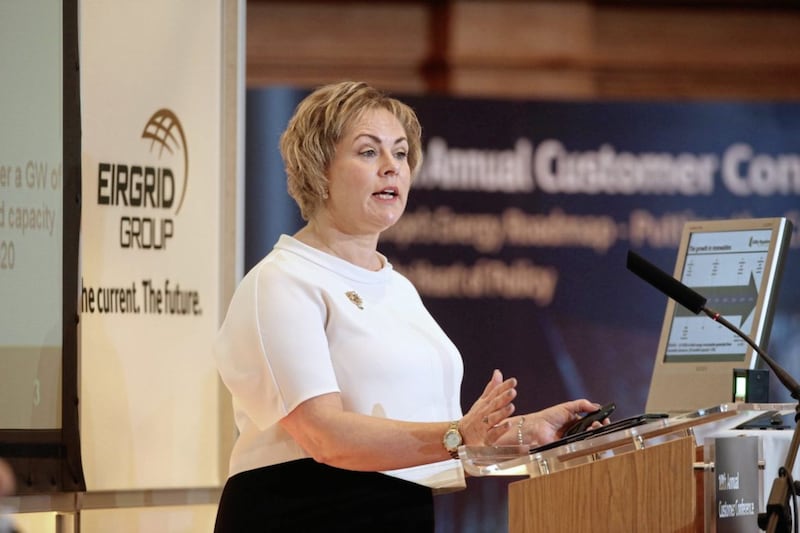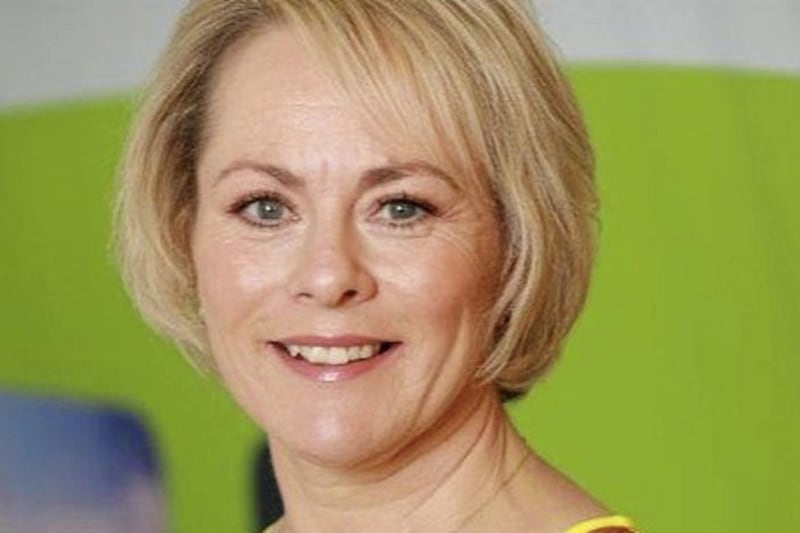FORMER Utility Regulator chief executive Jenny Pyper will take charge of the Northern Ireland Civil Service on an interim basis.
The first and deputy first ministers have approved her appointment.
The previous head of the north's civil service, David Sterling, stepped down at the end of August.
It is understood that three people were interviewed for the position but were unsuccessful.
Ms Pyper will be the first woman to take up the position, which commands a salary in the range of £160,000 to £188,000 a year.
She is due to head a new Covid-19 task force, which will be involved in the roll-out of vaccinations and mass testing programmes.
The civil service is also facing huge challenges presented by the end of Brexit transition period.
The Queen's University graduate spent seven years as chief executive of the Utility Regulator.
She announced her decision to step down in February but agreed to stay on until the autumn.
The married mother-of-two has held many senior roles within the civil service and previously worked with First Minister Arlene Foster during her time as enterprise minister.
As director of energy policy in the late 2000s, Ms Pyper was involved in policy formation around renewable heat in Northern Ireland.
She also held senior positions in the Department for Regional Development and the Department for Social Development.
Ms Pyper, who will not be in the running for the full-time role of heading the civil service, is expected to occupy the position for around eight months.
"I am delighted and honoured to have the opportunity to lead the NICS and progress delivery of the Executive's priorities," she said.
"I am aware of how hard staff right across the organisation have worked and adapted in difficult circumstances, especially throughout the Covid response, to maintain delivery of services to people here, in addition to developing new schemes in response to the challenges of the pandemic."
